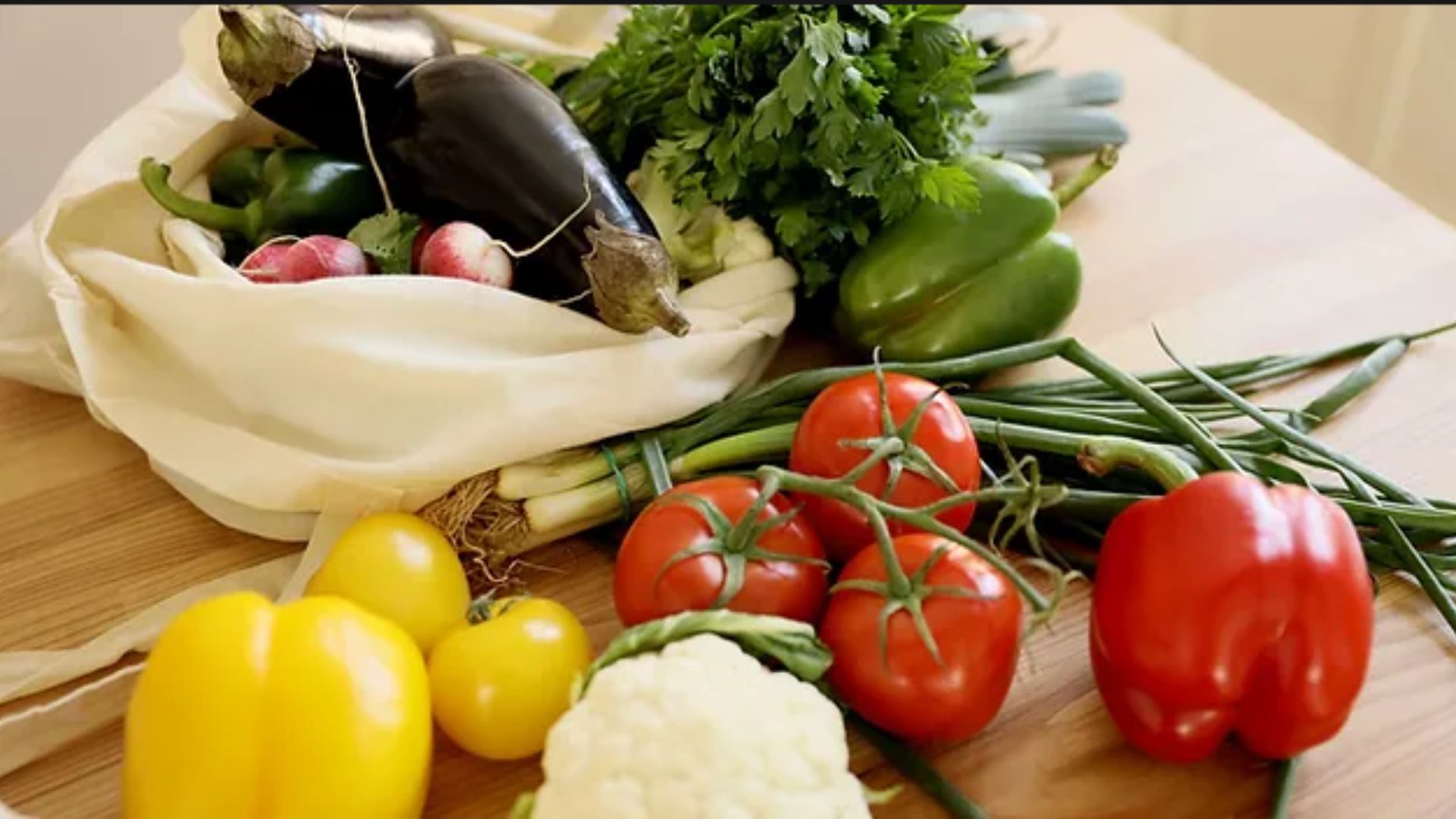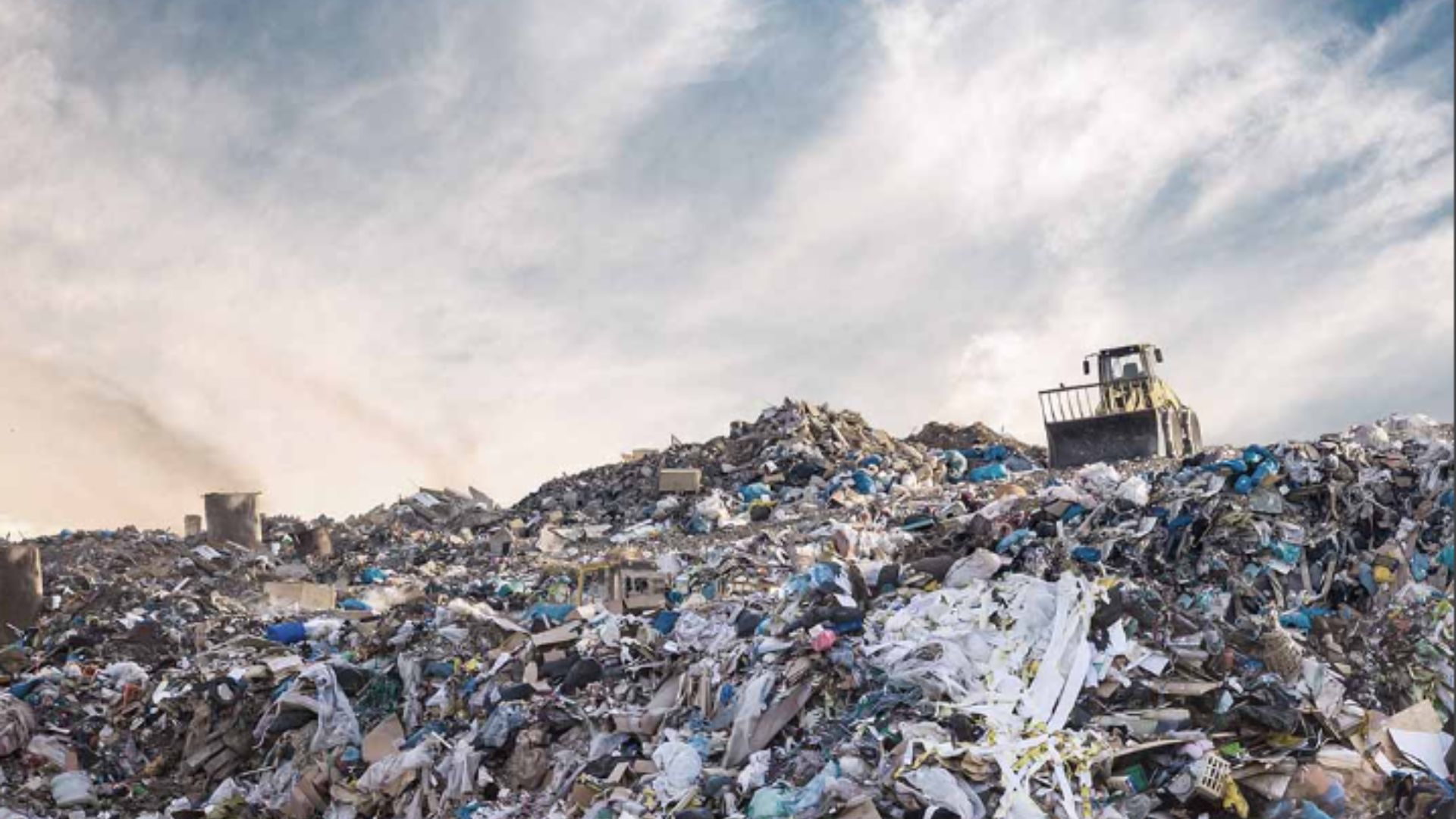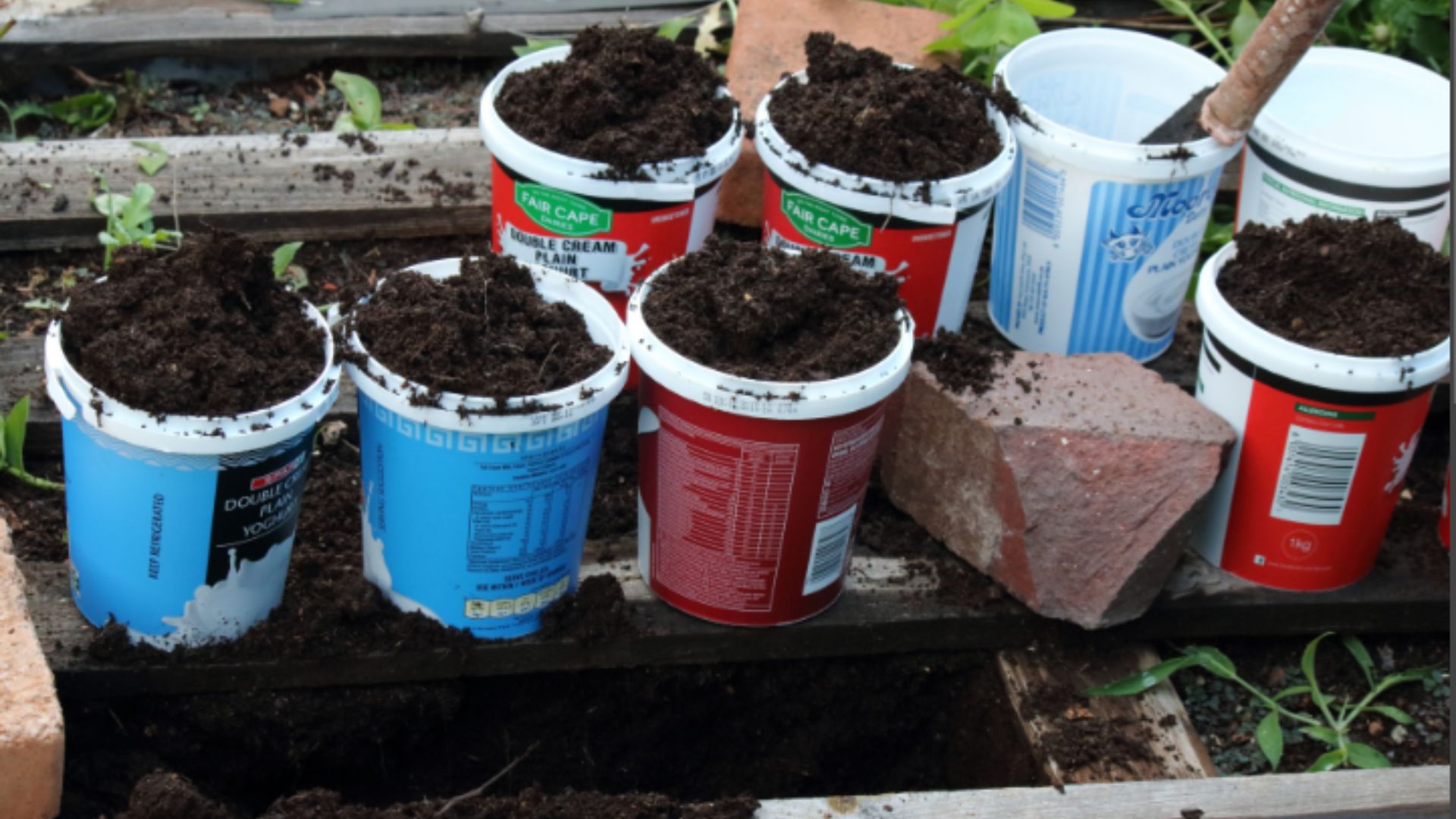Our planet is facing a growing problem – waste. Landfills are overflowing, and the environmental impact of excessive waste generation is undeniable. Additionally, the zero-waste challenge emerges as a powerful response, encouraging individuals to minimize household waste and strive for a more sustainable lifestyle. This blog post explores the zero-waste challenge, offering practical tips to help you embark on this rewarding journey.
The Foundation of Zero-Waste Living
The zero-waste challenge goes beyond simply throwing things away. Moreover, it starts with mindful consumption. Here are some key principles to consider:
Refuse
Say no to unnecessary items. Also, avoid impulse purchases and resist the allure of single-use plastics. Therefore, carry reusable shopping bags and politely decline plastic straws at restaurants.
Reduce
Focus on buying only what you truly need. Also, plan your meals to avoid food waste, and invest in durable, long-lasting products instead of disposable alternatives.
By adopting these habits, you automatically generate less waste, laying the foundation for a successful zero-waste challenge.

The Power of Reusables
Single-use items are a major contributor to household waste. In additionally, the zero-waste challenge encourages embracing reusable alternatives:
Ditch the Disposables
Invest in reusable water bottles, coffee mugs, and food containers. Therefore, carry reusable cutlery when dining out and opt for cloth napkins instead of paper towels.
Embrace Reusable Shopping Bags
Keep a stash of reusable shopping bags in your car or bag. Also, say no to plastic bags at grocery stores and choose reusable produce bags for fruits and vegetables.
Reusable Wrap Solutions
Ditch plastic wrap and aluminum foil. Furthermore, invest in reusable beeswax wraps or silicone wraps to keep food fresh and eliminate the need for disposable options.
By incorporating these reusable alternatives into your daily routine, you significantly contribute to the zero-waste challenge and reduce your reliance on single-use plastics.
Transforming Scraps into Sustainability
Food waste is a significant problem, but the zero-waste challenge offers a solution – composting. Hence, here’s how to get started:
Start a Compost Bin
A compost bin allows you to transform food scraps, yard waste, and other organic materials into nutrient-rich compost for your garden or plants.
Compostable Items
Eggshells, fruit and vegetable peels, coffee grounds, and tea leaves are all excellent candidates for composting. Also, research what items can be composted and avoid adding meat, dairy products, or oily food scraps.
Embrace Bokashi Composting
For those with limited space, consider Bokashi composting – an indoor composting method that ferments food scraps through a special container.
Composting empowers you to minimize waste and create valuable fertilizer, making it a valuable tool in the zero-waste challenge.
Expanding Your Zero-Waste Efforts
The zero-waste challenge extends beyond the kitchen. Therefore, here are some additional tips to consider:
Reduce Paper Waste
Opt for e-bills and online statements to minimize paper mail. Utilize reusable notebooks and planners instead of disposable ones.
Embrace Reusability in the Bathroom
Consider reusable razors, menstrual cups, and cloth towels to reduce bathroom waste.
Shop Second-Hand
Give pre-loved items a new life by shopping at thrift stores or consignment shops. This not only reduces waste but can also be a budget-friendly option.
By implementing these practices, you demonstrate your commitment to the waste management challenge and contribute to a more sustainable future.
Conclusion
The zero-waste challenge is not about achieving perfection. It’s a journey of continuous learning and conscious effort to minimize your environmental impact. Thus, start small, incorporate these tips into your routine, and celebrate your progress. However, remember, every small step towards reducing waste makes a difference. Join the zero-waste challenge, inspire others to do the same, and together, we can create a more sustainable future for our planet.


